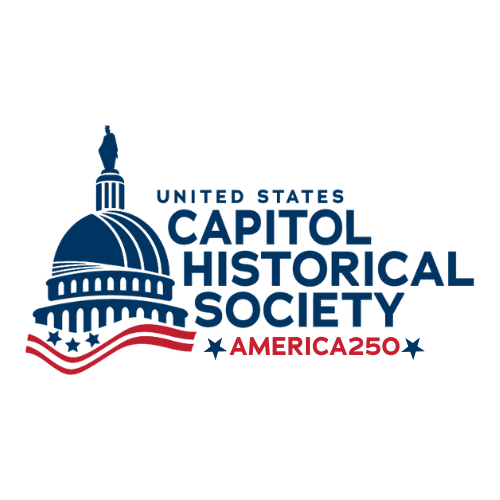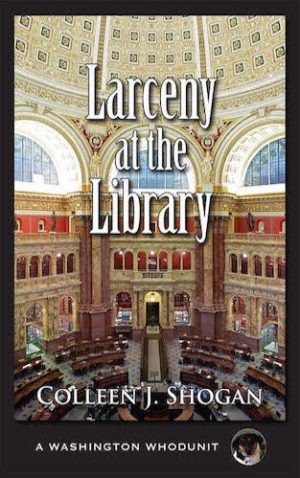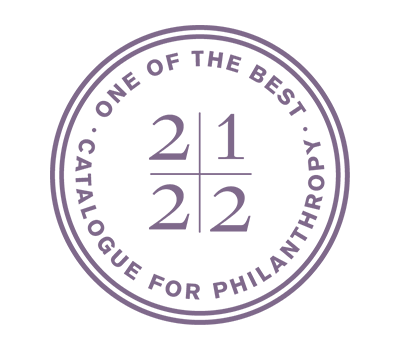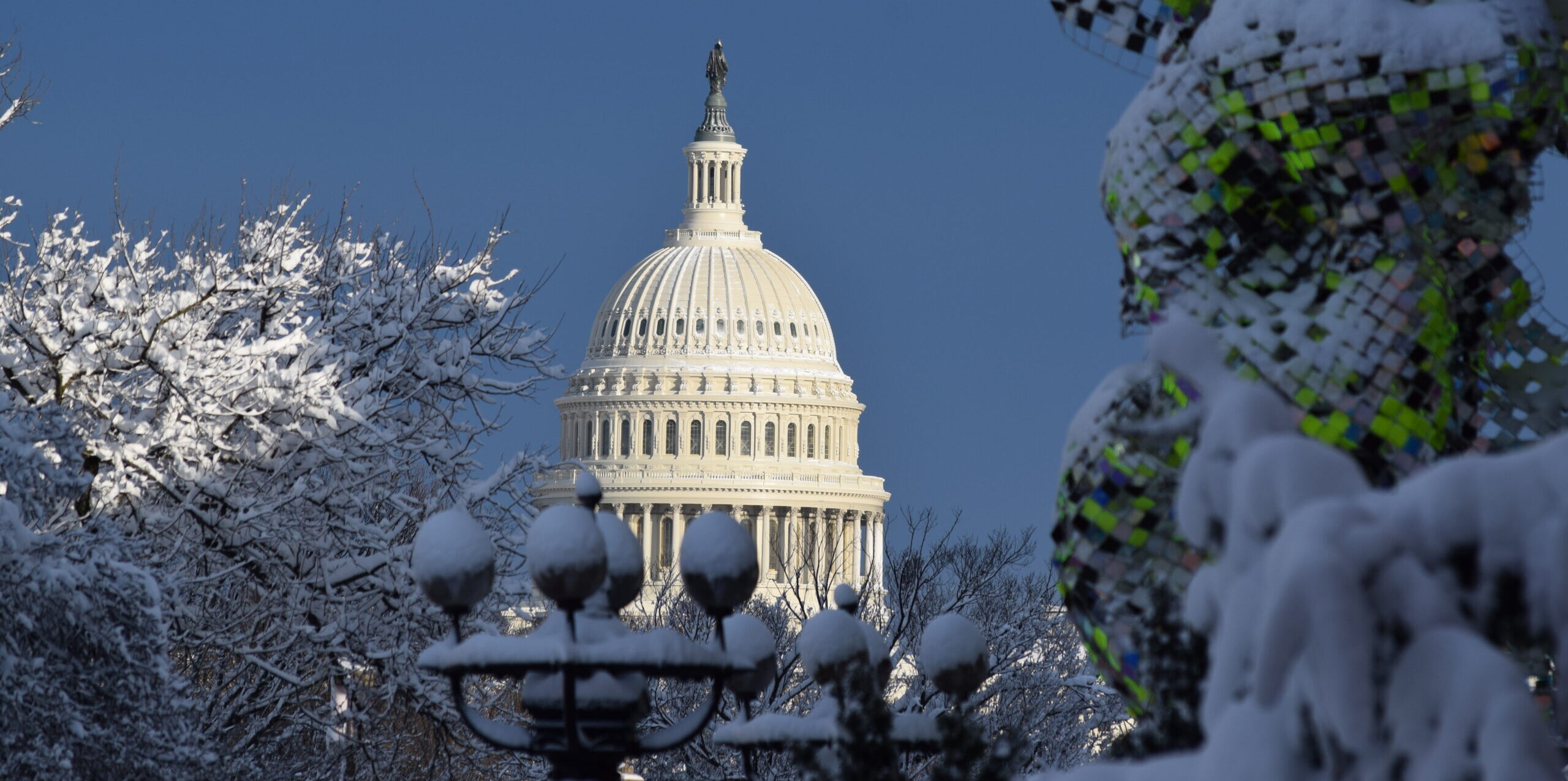In the tradition of our annual August brown bag lecture series, the U.S. Capitol Historical Society is pleased to host three editions of our Scholars Series in August. Speakers Colleen Shogan, Stephen A. West, and Alessandra Lorini will cover topics from constitutional amendments regarding voting to new whodunits. Many of the presentations include discussions of the ongoing struggle for equality and justice in the United States.
All talks are at noon EDT. These programs are free and open to all–please share the information with anyone who may be interested! However, you must register to join the Zoom webinars. After the webinar, registrants will receive information about how to view the recording.
SCHEDULE
- Tuesday, August 4: Book Talk with Colleen Shogan
- Wednesday, August 12: “Two Amendments, One Fraught History: Race, Sex, and the Right to Vote in the 15th and 19th Amendments, 1870-1920”
- Wednesday, August 19: CANCELLED
- Wednesday, August 26: “The Many Journeys of Father Kino: from History to Public Memory and the Making of Usable Pasts”
See below for more information about each talk.
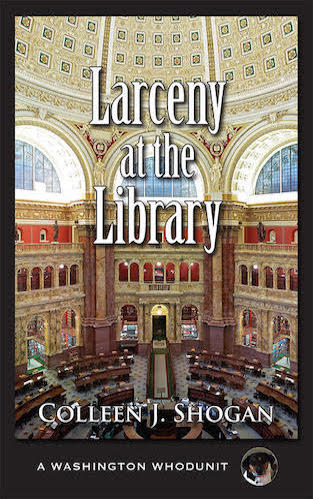 Tuesday, August 4: Book Talk with Colleen Shogan
Tuesday, August 4: Book Talk with Colleen Shogan
More about Larceny at the Library: Congressional staffer Kit Marshall is excited to attend a historic event displaying the contents of Abraham Lincoln’s pockets the night he was assassinated at the Library of Congress. The next day, a senior librarian is dead and several invaluable artifacts are missing. Kit’s husband Doug discovers the body and immediately becomes a suspect in the death and theft. Kit springs into action once again to figure out who is responsible for the crimes. Her sleuthing takes her to the DC Public Library, the National Portrait Gallery, Ford’s Theatre, and the most ornate, beautiful rooms at the Library of Congress. In the end, Kit must put her own life on the line to retrieve her most valuable possession, which goes unexpectedly missing as she hunts down the killer.
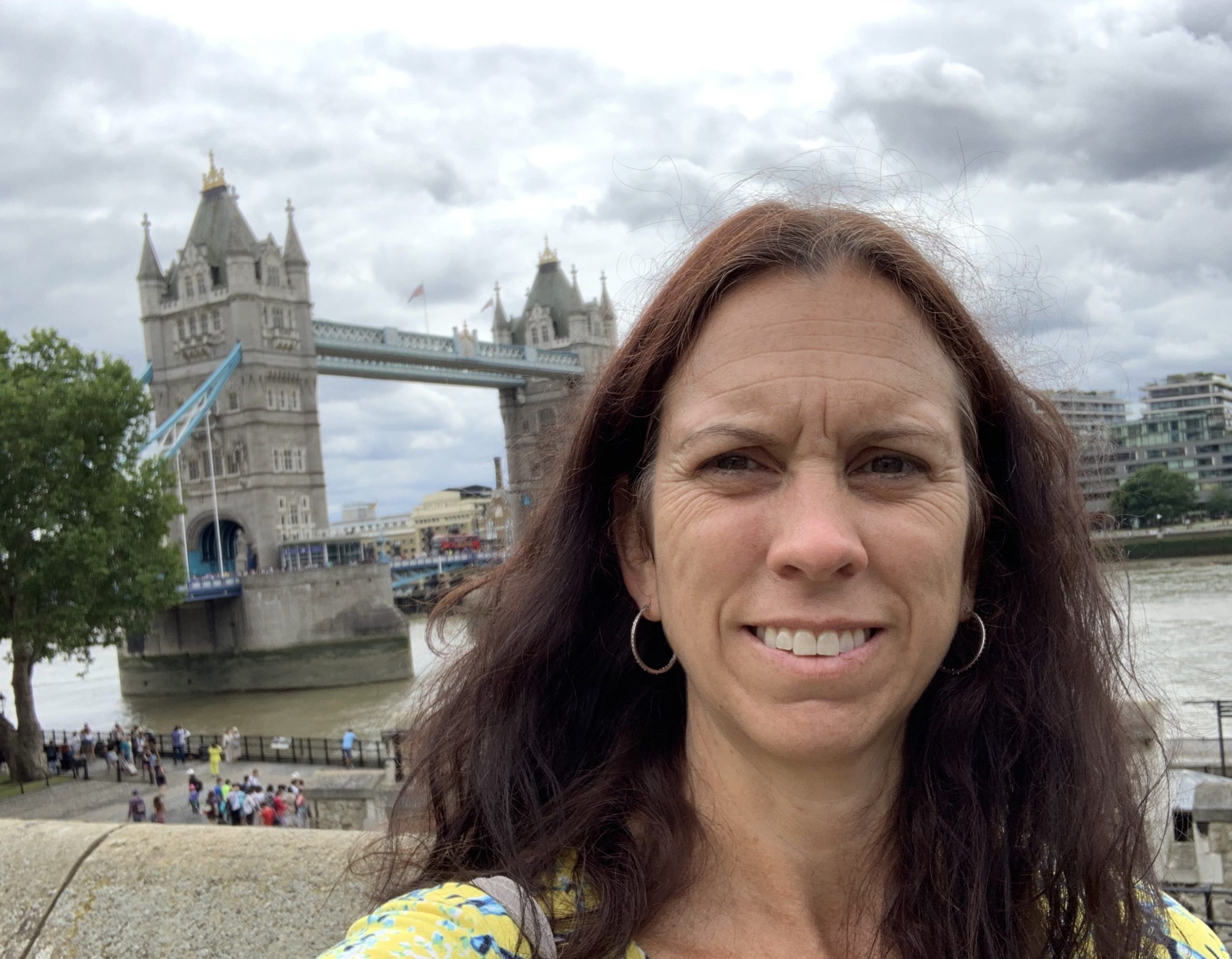 SPEAKER
SPEAKER
Colleen Shogan is senior vice president of the White House Historical Association and director of the David Rubenstein Center for White House History. Shogan previously worked on Capitol Hill in the United States Senate, the Congressional Research Service (CRS), and the Library of Congress. She is also the vice-chair of the Women’s Suffrage Centennial Commission. A political scientist by training, Shogan received her Ph.D. in American politics from Yale University and her B.A. from Boston College. Her novel Stabbing in the Senate received the Next Generation Indie Prize for Best Mystery in 2016, and she has been a finalist in numerous other contests, including Killer Nashville. She lives in Arlington with her husband and rescued beagle mutt, Conan.
Wednesday, August 12: “Two Amendments, One Fraught History: Race, Sex, and the Right to Vote in the 15th and 19th Amendments, 1870-1920″ with Stephen A. West
Stephen West will discuss the intertwined–and fraught–histories of the 15th and 19th Amendments, both of which have milestone anniversaries this year. The 15th Amendment, ratified in 1870, prohibits the denial of suffrage on the basis of race. The 19th Amendment, ratified in 1920, prohibits its denial on the basis of sex. He will also cover how, in the debates over both, some Americans were determined to pit white women’s voting rights against those of Black men. Efforts to include women’s suffrage in the 15th Amendment failed in the late 1860s and caused a split in the women’s suffrage movement that did not heal for decades. Lastly, he’ll cover how, in debating the 19th Amendment, Americans re-litigated their memories of Reconstruction. By the 1910s, Black men’s right to vote had been nullified in much of the US. Many white Americans had come to view the 15th Amendment as a historical mistake and an argument against further constitutional tinkering. But other Americans saw in the 19th Amendment a two-fold chance to redeem the 15th: first, because it would remedy the earlier failure to enfranchise women, and second because it would revive an amendment that had become a constitutional dead letter.
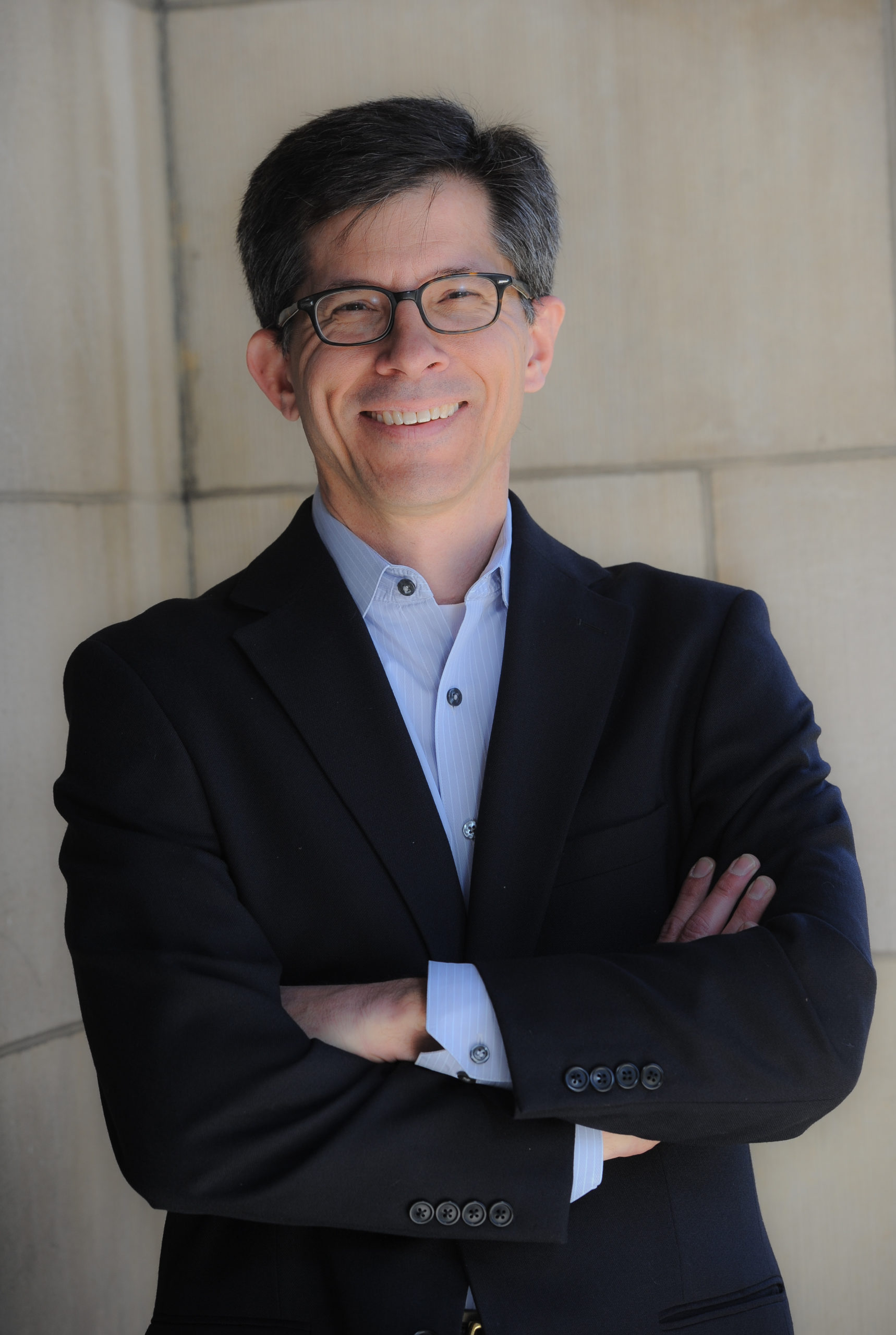 SPEAKER
SPEAKER
Stephen A. West is associate professor of history at The Catholic University of America. He researches and teaches the history of the United States, with a particular focus on the political and social history of slavery, emancipation, and race from the Civil War era through the early twentieth century. He is currently at work on a book about the place of the Fifteenth Amendment in American political culture and memory during the fifty years after its ratification. Prof. West is co-editor of Freedom: A Documentary History of Emancipation, 1861–1867, series 3, volume 2, Land and Labor, 1866–1867 (2013), winner of the 2015 Thomas Jefferson Prize for documentary editing from the Society for History in the Federal Government. His first book, From Yeoman to Redneck in the South Carolina Upcountry, 1850–1920 (2008), examined class and political relations among white Southerners in the slave society of the Old South, and their transformation in the wake of slavery’s destruction. West is also the author of essays about the secession crisis, the historiography of Reconstruction, and urban politics in the post-emancipation South.
The Wednesday, August 19 Scholars Series Lecture has been cancelled.
We will update our website with any rescheduling.
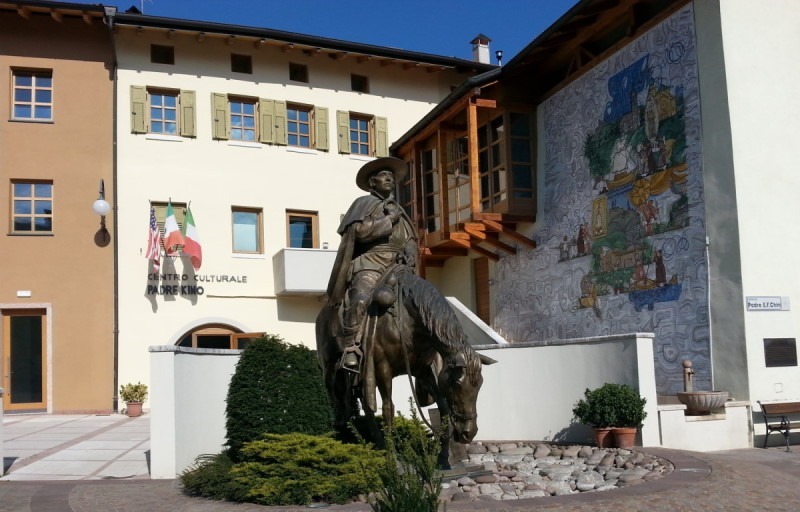
Wednesday, August 26: “The Many Journeys of Father Kino: from History to Public Memory and the Making of Usable Pasts”
Alessandra Lorini joins us from Italy to discuss Father Eusebio Kino, whose statue is included in the Capitol’s National Statuary Hall Collection. Arizona gave the statue by artist Suzanne Silvercruys in 1965. Lorini’s research interests are in the area of borderland studies of the Southwest (she is presently working on a book entitled The Many Journeys of Father Kino: History and Public Memory in the Making of Modern Southwestern Culture) and public usable pasts of the American Civil War. In this presentation, Lorini will show how the “real Kino” emerged as a complex historical figure in the Baroque Age of the late 17th century in the viceroyalty of New Spain and how, at the same time, started to emerge in public memory as a heroic figure of the colonization and civilization of the American Southwest. In addition, she’ll show how Kino became the heroic figure of the “Padre on horseback” in early 20th-century American culture, how his place in that culture evolved during that time, and how it continues to evolve.
 SPEAKER
SPEAKER
Alessandra Lorini taught North-American history and History of Inter-American Relations at the University of Florence, Italy, for three decades. She holds a Ph.D. from Columbia University, New York (1991) and completed her undergraduate studies in 1974 at the University of Trent, Italy. She has lectured at many international institutions; she has worked and published extensively on racial and gender representations in U.S. public culture, history of women anthropologists, Atlantic crossings of racial theories, and national movements. Her major publications include Rituals of Race: American Public Culture and the Search for Racial Democracy (Virginia University Press, 1999), Ai confini della libertà: saggi di Storia Americana (Donzelli, 2001), L’impero della Libertà e l’isola strategica. Gli Stati Uniti e Cuba tra Ottoe Novecento (Liguori, 2008). Her most recent publications include “The Pageant of Father Kino: From History to Memory and the Making of Usable Pasts” (Southern California Quarterly, Winter 2017), C’era una volta l’America. Saggi sul disincanto della modernità (Morlacchi, 2018), and Paolo Ceri, Alessandra Lorini, eds., La costruzione del nemico. Istigazione all’odio in Occidente (Rosenberg, 2019).
